Cooked focuses on the deadliest heat wave in U.S. history, in 1995, when 739 people in Chicago — mostly Black and elderly — died in one week. That’s the headline. But Helfand does much more than tell this story — although she does tell it, and tells it powerfully.
Helfand focuses on Chicago’s heat wave to look at how a weeklong tragedy is really a story about the “slow-motion disaster” caused by race and class inequality. Helfand shows us a map of Chicago, with “almost perfect overlaps” between race, poverty, and heat wave deaths.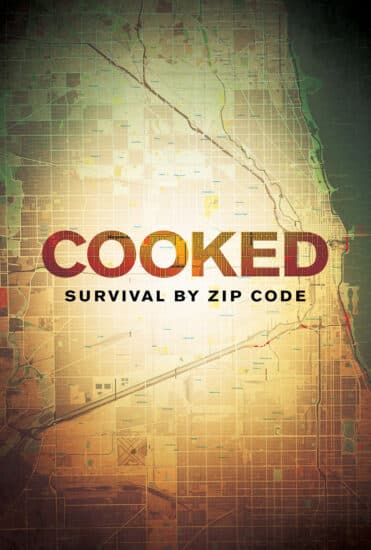
“So the question is,” a Chicago official asks, “did people die of the heat, or did they die of the social conditions in these neighborhoods, and the answer is both.” Helfand examines — and mocks — the futility of task force reports, emergency plans, disaster preparedness, rehearsals for tornadoes and other calamities, when these ignore the racism and poverty that cause people to suffer so unequally.
Helfand’s question, Why did people die in these particular Chicago neighborhoods?, suggests the outlines of a potential trial role play: Who or what is to blame? Possible “defendants” could include the fossil fuel industry causing inexorable global warming; Chicago officials, especially Mayor Richard Daley, who tried to blame the victims’ families themselves for not doing enough, and who fail to address the roots of poverty; the Federal Housing Administration, whose policies explicitly discriminated against Black communities; banks and corporations, which disinvested from Black communities and left people excessively vulnerable to “natural disasters”; and the entire system of racial capitalism, from enslavement forward, which created maps with “perfect overlaps” of race and death.
Cooked is a film that gives names and faces to the concept of environmental racism. It can help students recognize that the climate crisis is also a racial justice crisis. [Description from Rethinking Schools.]

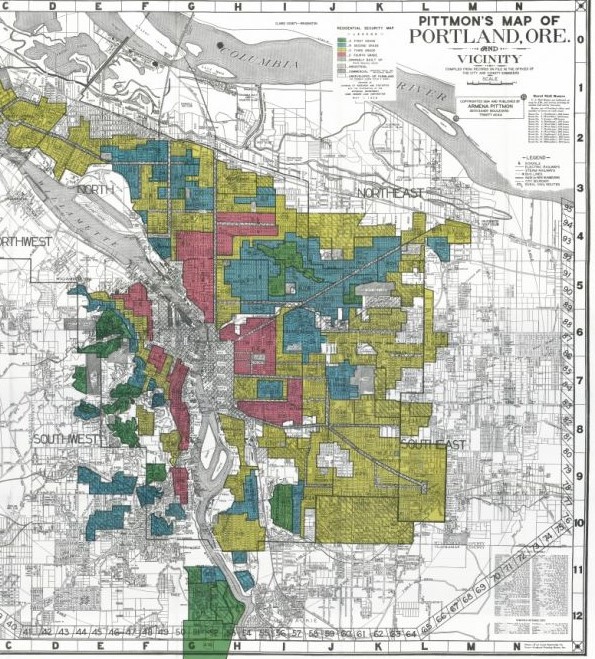
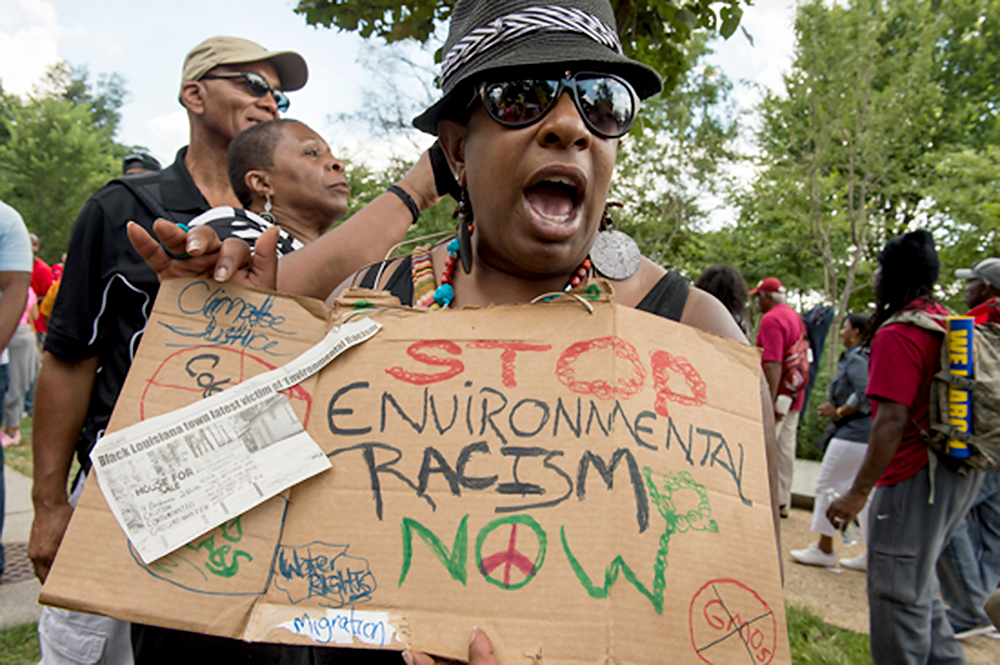
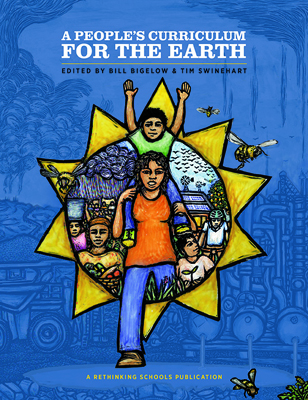
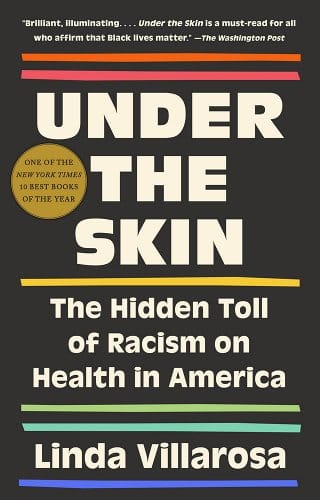






Twitter
Google plus
LinkedIn